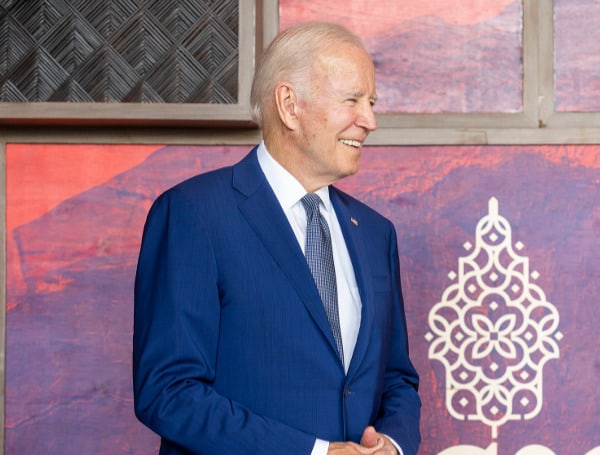
A rule change proposed by the Treasury Department Friday would create barriers for foreigners seeking to purchase land near eight military bases amid concerns that China is exploiting access to defense installations in the U.S. for surveillance.
If enacted, the Treasury Department rule gives the Committee on Foreign Investment in the United States (CFIUS) expanded powers to evaluate proposed business deals between foreign investors and U.S. companies and either block real estate sales or force changes to the contract, according to The Associated Press. National security concerns stemming from a Chinese firm’s attempt to build a mill just 12 miles away from an Air Force base in South Dakota.
CFIUS, a commission created decades ago with representatives from multiple federal agencies to review investment proposals that could have a direct impact on national security, already has the authority to block property sales occurring within 100 miles of military bases, according to the AP.
In the news: Bill That Targets China-Linked Land Ownership In Florida, Heads To DeSantis
Opposition to the Fufeng Group’s $700 million proposal to construct a wet corn milling plant from Grand Forks Air Force Base grew, leading North Dakota Gov. Doug Burgum and Republican North Dakota Sens. John Hoeven and Kevin Cramer to probe the national security implications of such a deal, the AP reported.
CFIUS determined it didn’t have authority to block the investment following requests from the politicians for an accelerated review, according to the AP. However, the deal fell through when the Air Force said the plant would pose a threat to national security at Grand Forks, which houses both air and space assets and oversees Global Hawk surveillance operations, prompting Grand Forks officials to withdraw their approval of the transaction.
The rule would allow CFIUS expanded oversight of business deals near Grand Forks and seven additional military bases, including three involved in the recently-unveiled B-21 Raider program, a highly advanced stealth bomber capable of conducting manned and unmanned missions and delivering nuclear weapons, according to the AP.
In the news: Disney Monorail Inspections Cruising To Florida Gov. DeSantis’ Desk
The U.S. is seeking extra security for the B-21 Raider program, aiming to protect it from China’s prying eyes amid wider concern over Beijing’s espionage campaign against U.S. military sites, according to the AP.
“Accordingly, China’s investments in the U.S. need to be carefully scrutinized, particularly for facilities like the Grand Forks Air Force Base, which is a key national security asset that serves as the lead for all Air Force Global Hawk intelligence, surveillance and reconnaissance operations and has a growing role in U.S. space operations,” Hoeven said, according to the AP.
Air Force Plant 42 in Palmdale, California, Ellsworth Air Force Base in South Dakota, Dyess Air Force Base in Texas are covered by the proposed rule, as well as two training locations — Lackland Air Force Base in San Antonio and Laughlin Air Force Base in Del Rio, Texas — and Iowa National Guard Joint Force Headquarters in Des Moines and Luke Air Force Base in Glendale, Arizona.
Android Users, Click To Download The Free Press App And Never Miss A Story. Follow Us On Facebook and Twitter. Signup for our free newsletter.
We can’t do this without your help; visit our GiveSendGo page and donate any dollar amount; every penny helps.

